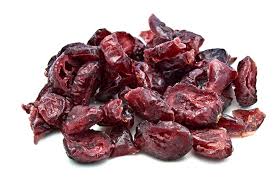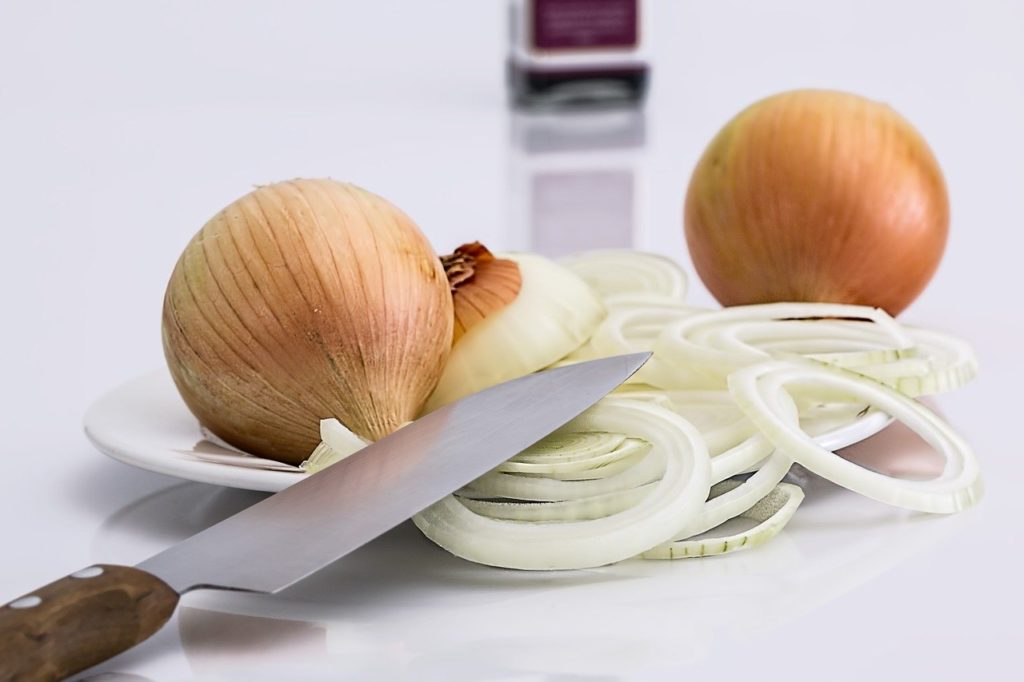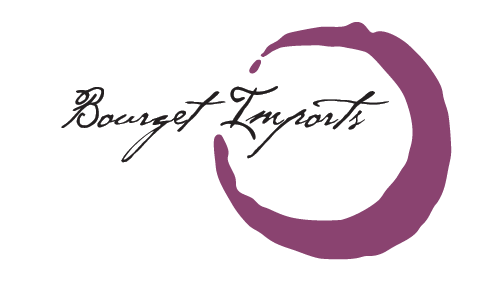On Friday February 14th, the clock slowly ticked by. We had heard whispers that the US Trade Register (USTR) was slated to announce a decision regarding wine tariffs imposed as part of the Large Civil Aircraft Dispute.
A tariff is currently in place at 25% on some wine imported from the European Union, and was under review for an increase up to 100%, and also to be expanded to additional products.
With the decision resting solely with the U.S. Executive office and USTR, and no Congressional permissions or reviews needed, the atmosphere around Bourget’s office was tense.
As the time ticked past 5:30 Central and typically after Government offices are still open on the East coast, we wondered if the decision wouldn’t come until next week — or, if hitting refresh on our browsers waiting for an update had broken the internet.
Finally, just before 6:00 pm the announcement came: USTR Revises $7.5 Billion Award Implementation Against EU in Airbus Case, stating that “the following product has been removed from part 6, effective March 5, 2020 — Prune Juice, concentrated or not concentrated”. [Source]
Praise to the heavens! President Trump and Ambassador Lighthizer have rescued the prune juice.

But they have not saved the wine.
Remaining under 25% ad valorem, un-carbonated wines under 14% ABV from France, Germany Spain and the United Kingdom.

Carousels aren’t just for carnivals
Carousel retaliation is a trade tactic. It involves shifting duties onto different groups and products, with the intention of stimulating panic from the affected nations.
The carousel cycle is 180 days, and means that every period products on a tariff list are reviewed and subject to change – products can be added or removed, and the tariff rate increased or decreased.
If the dispute between E.U.-based Airbus and U.S.-based Boeing is not resolved within roughly the next six months, wine remains on the firing line. Unfortunately, we don’t have much hope of a swift resolution considering that the Airbus-Boeing dispute has been ongoing since the 1990’s.
Lobbying started again last Friday when wine failed to be cleared from the tariff list
Earlier this month and prior to the most recent tariff announcement from USTR, Annette Peters, Partner and Portfolio Manager at Bourget Imports, visited the office of Senator Tina Smith to discuss the impact of wine tariffs on Minnesota businesses. Peters’ biggest take-away from the meeting is that our Senate office is very interested in how this affects local businesses, economy, and jobs.
If you are a US business that buys wine
- Contact your representatives (Senate & House) and provide information about how wine tariffs would affect you.
- If you’ve already done this, do it again.
- Provide specific details expressing the economic impact: loss of revenue, taxes, jobs.
- Ask that wine be removed from the Section 301 LCA Dispute and reference docket number USTR-2019-0003.
- Ask that they pass your letter to the United States Trade Representative Robert Lighthizer.
If you are a producer in the EU
Click here for details on a letter campaign to encourage your negotiators to reach a resolution.
Celebrating small victories?
The USTR raised duties on Airbus from 10% to 15%, a tiny victory .
If you were wondering what was added to the tariff list, we’ll save you this reading and cut to the point: “butchers’ or kitchen chopping or mincing knives (o/than cleavers w/their handles)” from France or Germany, at 25%.


